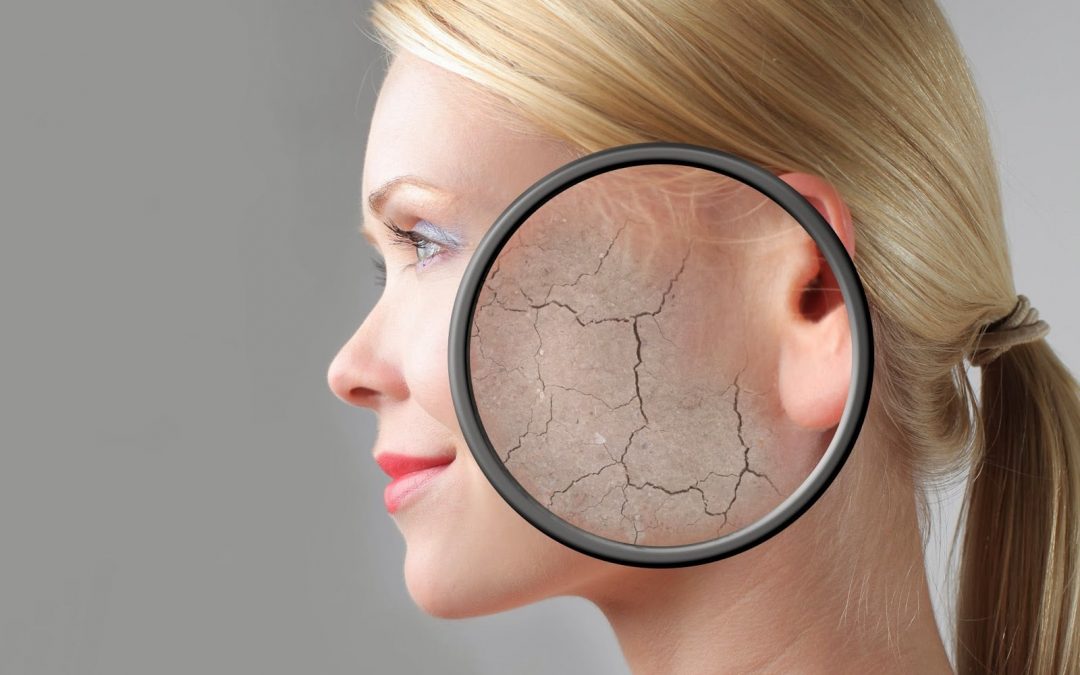 Have you noticed that your skin has been red, rough, itchy and flaky lately? Those are the classic signs of dry skin. Dry skin can be annoying all year long, but, you may find that during the winter months your dry skin is at its worst. Dry skin can occur all over your body, but is most noticeable on the face, arms, hands, legs, and ankles. Here’s how you can combat dry skin with a few easy steps.
Have you noticed that your skin has been red, rough, itchy and flaky lately? Those are the classic signs of dry skin. Dry skin can be annoying all year long, but, you may find that during the winter months your dry skin is at its worst. Dry skin can occur all over your body, but is most noticeable on the face, arms, hands, legs, and ankles. Here’s how you can combat dry skin with a few easy steps.
1. Limit Shower Time
I love a nice, hot shower. It can be really relaxing. But, it can also be harmful to your skin. Hot water destroys the essential oils that provide your skin with the moisture that it needs. This will dry your skin out and make it rough. The longer your skin is exposed to hot water during showers, the worse this gets. To prevent this, take warm showers or baths that don’t last any longer than 5-10 minutes. While you’re at it, use unscented body washes or shower gels that have mild amounts of soap. These are less likely to irritate your dry skin and make it worse.
2. No Scrubs
When you get out of the shower or bath, pat your skin dry with a soft towel instead of scrubbing it. If you exfoliate, don’t scrub too hard either. Scrubbing the skin for too long or too hard will irritate your already sensitive skin and can lead to skin thickening over time. Also, try and avoid toners, astringents, and alcohol based products. These all cause skin drying.
3. Keep it Moist
Just like plants need water to live, so does your skin. The key to healthy skin is providing it with the moisture that it needs to survive. You should moisturize your skin as soon as you get out of the shower. When your skin is clean and hydrated it absorbs the moisturizer more readily, making it more effective.
Moisturizers come in all shapes and sizes with varying prices. If you’re on a budget, good old Petroleum Jelly will do the job. So does Mineral Oil. Other ingredients which will help your skin retain its moisture include: Shea Butter, Glycerin, Ceramides, Hyaluronic Acid, Dimethicone and Lanolin.
4. Use Protection
Last, but certainly not least, all sun exposed areas of your skin should be protected with at least an SPF 35 sunscreen. Sunscreen should be used at all times whether it’s sunny or cloudy, summer or winter, warm or cold. If you live in a dry environment then a humidifier will help protect your skin and keep it hydrated. If your skin becomes itchy or inflamed, hydrocortisone cream can help calm down the inflammation.
There you have it. There’s no reason for you to suffer from your dry skin any longer. If you have any further questions or would like one of our skin care specialists to develop a dry skin therapy regimen for you feel free to contact us for a free consultation.

